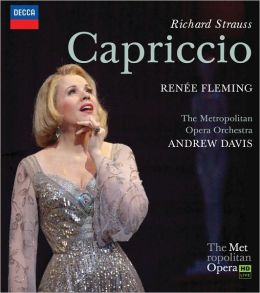A History of the World in 100 Objects by Neil MacGregor (Viking, 2011). As Director of the British Museum, MacGregor wrote this book based on a BBC radio program that described 100 of the museum's objects chosen by these rules: 1) They represent the beginning of human history to the present. 2) They represent the whole world as much as possible. 3) They represent varied aspects of human experience. 4) They represent whole societies, not just the rich or powerful.
The objects and their brief stories are laid out chronologically, but could easily be read and appreciated in random order. [Other titles of a similar world-wide scope are: Earth in 100 Groundbreaking Discoveries by Douglas Palmer (Firefly, 2011) and A History of the World in Twelve Maps by Jerry Brotton (Viking, 2012).]
The objects and their brief stories are laid out chronologically, but could easily be read and appreciated in random order. [Other titles of a similar world-wide scope are: Earth in 100 Groundbreaking Discoveries by Douglas Palmer (Firefly, 2011) and A History of the World in Twelve Maps by Jerry Brotton (Viking, 2012).]
A History of America in Thirty-six Postage Stamps
and A History of Britain in Thirty-six Postage Stamps by Christopher West
and A History of Britain in Thirty-six Postage Stamps by Christopher West
And here are three histories on narrower subjects: The History of Rock 'n' Roll in Ten Songs by Greil Marcus (Yale Univ. Press, 2014) - the significance of ten songs recorded and re-recorded between 1956 and 2008; Season of Saturdays : a History of College Football in 14 Games by Michael Weinreb (Scribner, 2014) - 14 of the greatest games of all time and their greater significance; A History of Food in 100 Recipes by William Sitwell (Little, Brown, 2013) - the British food writer's selection of the best chapters in the history of food, with culinary characters, villains, and recipes, which have not been updated for modern cooks.

